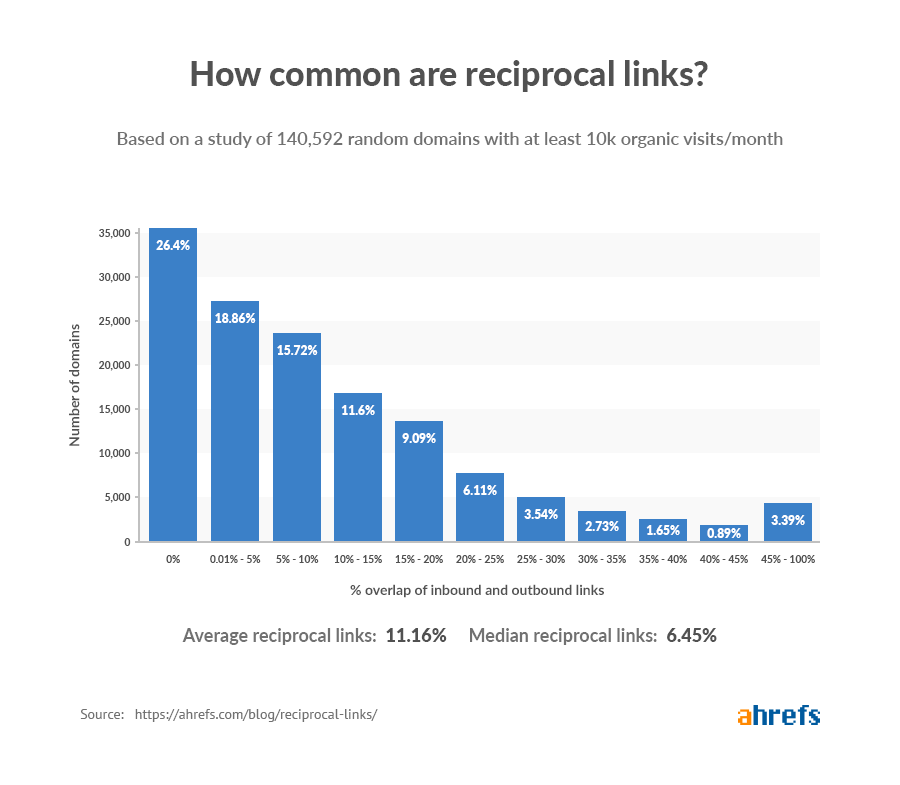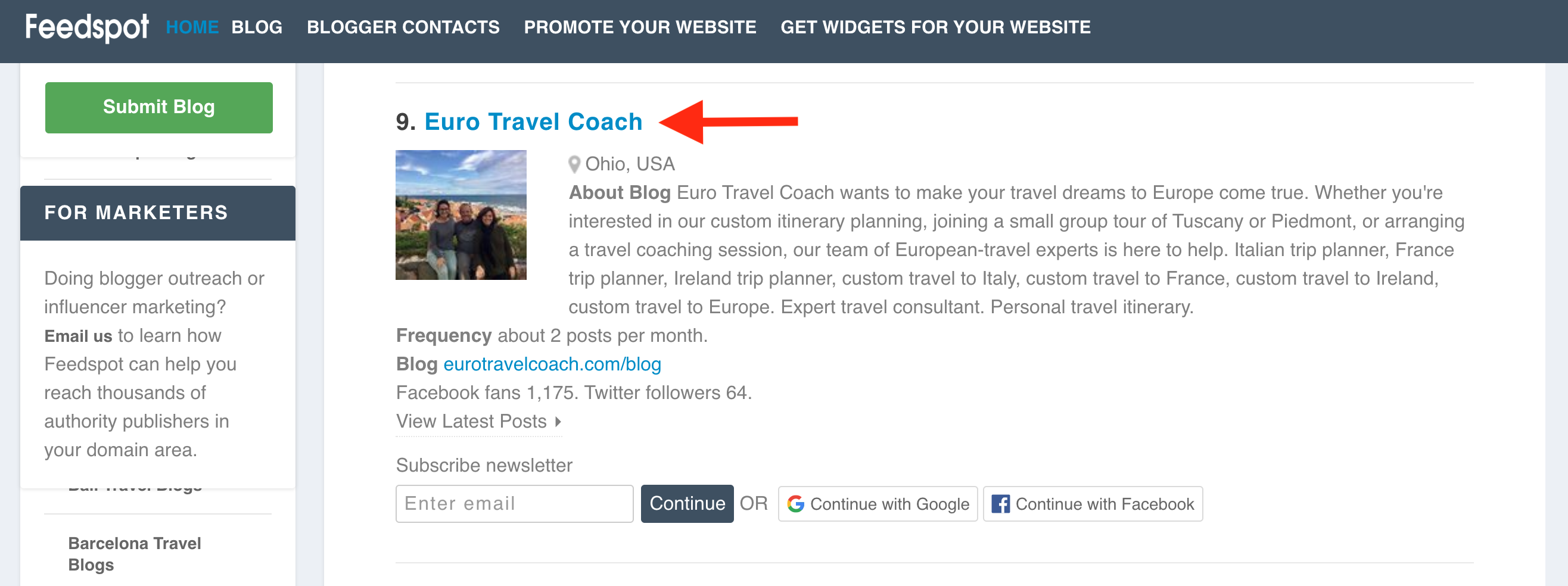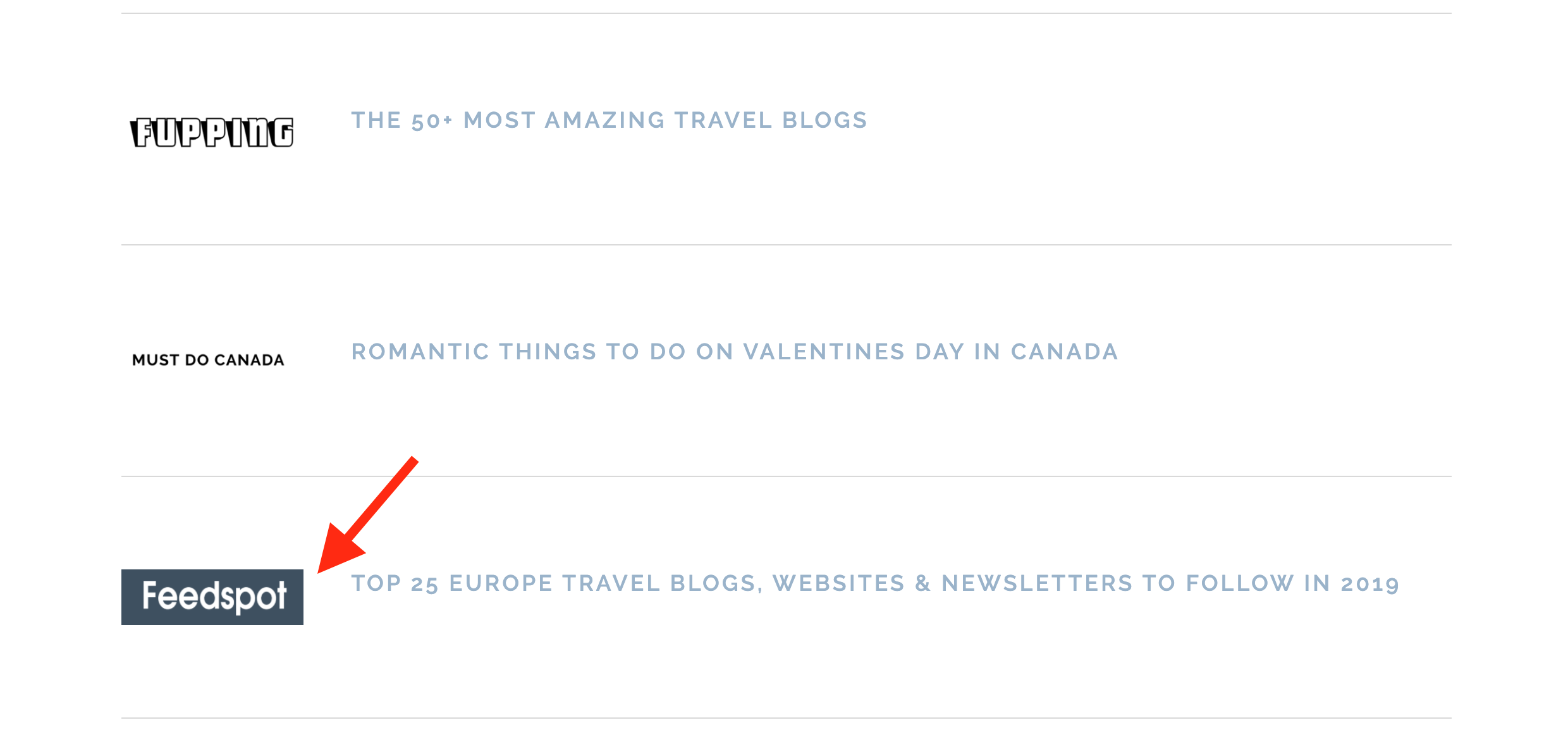16 Nov Reciprocal Links: Do They Help or Hurt Your SEO? via @JuliaEMcCoy
Using reciprocal links – sometimes referred to as “traded” or “exchanged” links – was a popular method of link building in the early 2000s but has decreased in popularity in recent years.
Reciprocal links are still a relatively common occurrence. They’re a natural byproduct of owning a website, after all.
However, the way reciprocal links appear on sites today is different from 20 years ago.
In my research for this article, I found an insightful link building study done by Ahrefs, which states – and I must agree! – that developing relationships through authentic outreach, and linking to sources without expecting anything in return, are the most proper and natural ways to build reciprocal links.
This graph shows that only 26.4% of the authority domains used in Ahrefs’ study are not using reciprocal links:


So, yes, reciprocal links are still quite common.
But the question still begs an answer: Do reciprocal links help or hurt your SEO?
What Are Reciprocal Links?
A link exchange occurs when an agreement is made between two brands to trade links to boost SEO and site authority by essentially saying, “you link to me, and I’ll link to you.”
In essence, a reciprocal link is a quid pro quo, or a “you scratch my back, I’ll scratch yours” situation.
Does this sound shady?
Maybe.
Is it shady?
It could be. That all depends on how – and how often – you’re using reciprocal links on your site.
In the third paragraph of this article, we linked to Ahrefs. The link sets us both up for a helpful, naturally occurring reciprocal link situation. Whether Ahrefs chooses to reciprocate by linking back to this article is entirely up to them.
Now let’s take a look at the other end of the spectrum.
Here’s an example of a shady link exchange offer, found on a site that exclusively hosts link exchanges:


Not very appealing, is it?
Are Reciprocal Links Good for SEO?
If you want to grow your authority and rankings (and reduce the risk of penalties from search engines), the key is to focus on less risky strategies and tactics.
Above all else, your link building methods should enhance your customer’s experience on your site.
Rather than focusing on SERP rankings and your website’s link profile, focus on providing something of value to your readers and customers by producing high-quality content.
Including some external links on your site can be helpful to SEO, but they aren’t the driving force behind your site’s ranking.
How to Use Reciprocal Links to Help Your SEO
Linking to quality sites that are relevant to your content enhances your reader’s overall experience on your website.
Content is king, and consistently delivering original and valuable information to your readers will earn your site a spot on the throne.
When you link to high-value content, you can establish your site as a trusted source of information. In this case, if the other site reciprocates the link, consider it a bonus – the content matters first.
If you’re going to request reciprocation, check the site’s SEO metrics to ensure that you’re exchanging links with a high-authority website.
When reciprocal links occur naturally between authority sites, both sites may benefit.
Here are a few things to consider before you pursue a link exchange:
- Could the external site potentially improve your site’s traffic?
- Does the site produce content and share information related to your niche?
- Is the brand or business a direct competitor? (The answer to this one should be no!)
One example of reciprocal linking that is almost always OK is the use of online directories.
Ensure that the directory is related to your industry or niche and include a link back to it on your own site.
Here’s an example of a link exchange between Feedspot, a popular directory for blogs, which are categorized by niche, and travel blogger Euro Travel Coach.

 Feedspot links to Euro Travel Coach
Feedspot links to Euro Travel Coach
 Euro Travel Coach links to Feedspot
Euro Travel Coach links to Feedspot4 Ways Links Can Hurt Your SEO
There are some benefits to naturally occurring reciprocal links, but when you don’t use common sense, exchanging links can harm your site’s authority and rankings. Here are four ways that links might actually hurt your SEO:
1. Site Penalization (Manual Action)
Simply put, reciprocal links are against Google’s Webmaster Guidelines.
If your site is abusing backlinks – if you’re trying to manipulate search results by exchanging links – your website runs a high risk of being penalized by Google.
2. Decrease in Site Authority & Rankings
If you’re linking to external sites that aren’t relevant to your content, your page might experience a drop in site authority or SERP rankings.
Before linking, ensure that the content is relevant, and check the site’s Alexa ranking.
In some cases, it’s OK to link back to low-authority sites, but excessively linking to these sites will not improve your own website’s authority.
3. Boosting SEO for Direct Competition
When linking to sites with the same target keywords and phrases as your website, your chances of having that link reciprocated are low.
As a result, you’re only boosting your competition’s SEO, not your own.
Link exchanges or reciprocated links should be between sites with similar content and themes, and not between directly competing sites.
4. Loss of Trust
You never want to lose the trust of search engines. But reciprocal links can cause this to happen in two ways:
- Your site has a ridiculously high number of 1-to-1 links
- Your link’s anchor text is consistently suspicious, or unrelated to your content.
Developing Relationships Is Key
Building relationships in your industry is a crucial part of any effective link building strategy.
Linking to relevant, trusted resources is an excellent way to build trust and authority and develop relationships with brands in your niche.
By linking to authority sites, your site has higher chances of being seen by those site owners, which could lead to links from them in the future.
Summary
Timeframe: Start at month 6
Results detected: 12 months
Average reciprocal links per month: 1-2, but this depends on the frequency of engagement
Tools: Alexa Site Info
Benefits of reciprocal links:
- Enhances reader’s experience on your site
- Establishes your site as a trusted authority
- Increased site traffic
- Relationship-building
Image Credits
Featured Image: Paulo Bobita
All screenshots taken by author, October 2019
Sorry, the comment form is closed at this time.